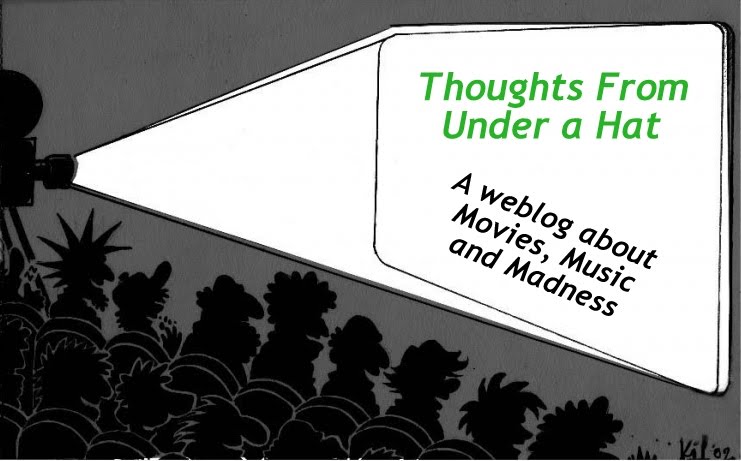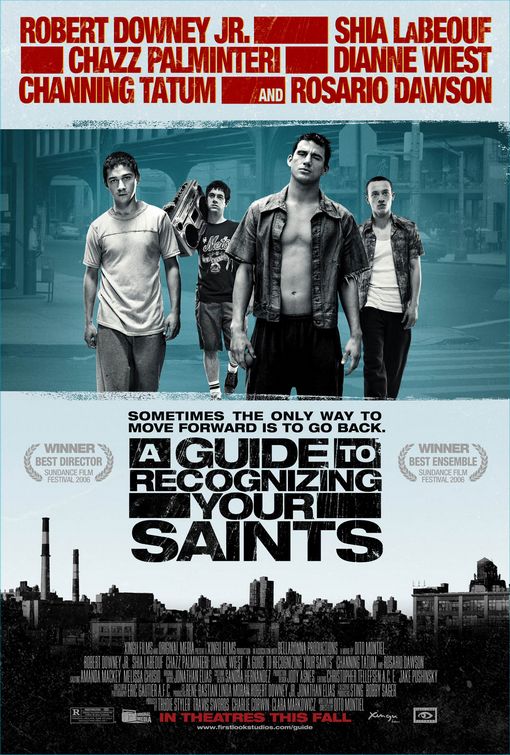This happens fairly often. And most of the time, it's understandable. The public wants escapism, the critics want art. Note that this is something very different: escapism let's you escape to a place that is not reality, while art confronts you with reality. But I have honestly no idea why District 9 wasn't a bigger success. It's one of those rare films that has both the guts to make a profound statement and the skill to still make it very much fun to watch.
District 9 concerns, on the surface at least, a spaceship that comes to earth. But instead of blowing up the White House or something, it just hovers around a bit. It eventually comes to a stop above Johannesburg. And then it just hangs there. No-one has a clue what to do with it. After a while, the humans decide to cut their way in. What they find are a bunch of starved aliens. They don't resemble ET nor the Aliens from the movies of the same name: these are tall, shrimp-like creatures who, in fact, resemble humans a little more then comfortable. The aliens are quickly given a place of refuge and medical attention, of course. But the situation gets a little out of hand when the outsiders start mixing with daily life. And that's all I'm going to tell you about the story. Not because it's so shallow it's not even worth talking about, like in my other review of the week. It's because I promise you that you want to be surprised on this one.
Neil Blomkamp, the director of the movie, is South-African. And besides those goddamn vuvuzela's, his country is of course best known for it's long history of racial struggles. Blomkamp himself described it as "two civilizations meeting at each others doorstep". I think you will be able to guess the metaphor at hand in District 9 by now. But even though the social critique might not be the most subtle ever, the way it is pulled of is truly a showmanship of skill. Instead of pointing to something and saying: "Those are the guys you should root for", we are shown that both sides are far, far from perfect. The only thing the aliens have going for them happens to be that they are in a far, far shittier position.
But maybe I'm giving of the wrong impression of the movie here. This is not some Bergmanical pondering on civil rights, or right and wrong. Just because the protagonist isn't Batman doesn't mean this movie doesn't mean business. The action scenes in this movie (and they are plenty, trust me) are in fact downright nasty at times. Not particularly explicit, mind, but just so... dark. People are getting blown up, sliced to bits and mauled in all kind of nasty ways. But this is one of those movies in which the gritty really pays off: the atmosphere gets much more dense and serious that way.
Alias
P.S. This might seem unbelievable, but the movie is actually based on a true story. Yeah, really. Check this if you don't believe me.
For the music, I took the idea of social critique and good entertainment to my iTunes library. RATM was too obvious, so here is something a little more in tune with the movie: Fela Kuti.















